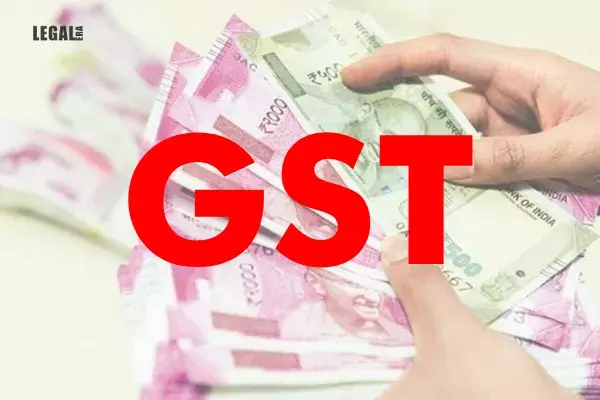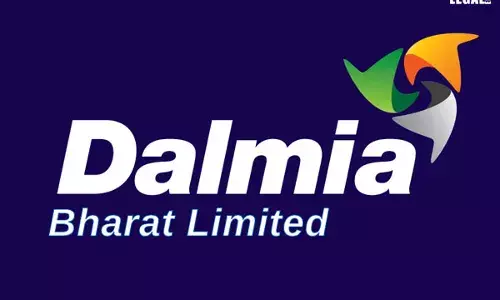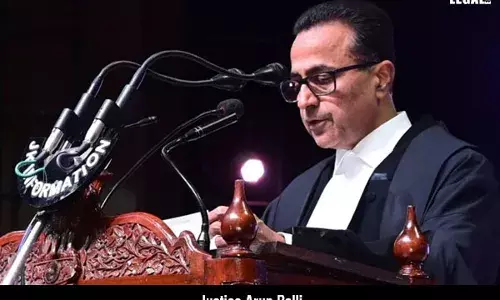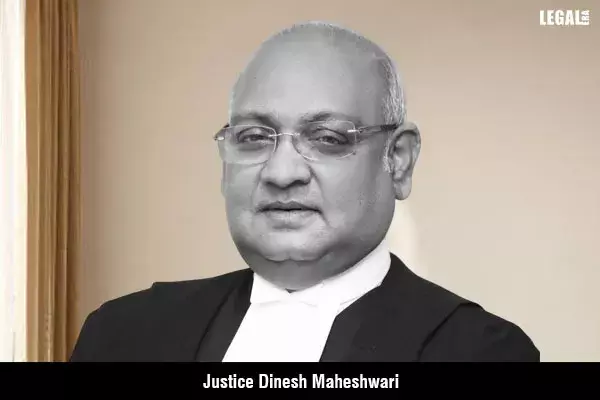Kerala High Court says technical glitches no ground to deny justice
Court rules that there is no provision under CGST for lapsing of unutilized Input Tax Credit for non-filing of TRAN-1;

Kerala High Court says technical glitches no ground to deny justice Court rules that there is no provision under CGST for lapsing of unutilized Input Tax Credit for non-filing of TRAN-1 The Kerala High Court upheld the order of the Single Judge directing the IT Redressal Committee of the GST Council to consider Respondent's request for the transition of unavailed input tax credit...
Kerala High Court says technical glitches no ground to deny justice
Court rules that there is no provision under CGST for lapsing of unutilized Input Tax Credit for non-filing of TRAN-1
The Kerala High Court upheld the order of the Single Judge directing the IT Redressal Committee of the GST Council to consider Respondent's request for the transition of unavailed input tax credit in accordance with the law.
A Division Bench of the High Court of Kerala at Ernakulam, comprising of Justices S.V. Bhatti and Bechu Kurian Thomas, dealt with this matter titled Union of India And Ors v M/s Merchem India Pvt Ltd.
The issue raised in this writ appeal was technical in nature. The factual background was that the Respondent – Company had sought a direction for credit of the input tax balance lying in its CENVAT Credit Ledger as of 30 June 2017 to its Electronic Credit Ledger under the GST regime. The Respondent pleaded that he had attempted to file the GST TRAN-1 Form to avail the transitional benefit of transfer of unavailed CENVAT credit to the electronic credit ledger under the GST regime but was unsuccessful as all his attempts failed. Thus, the Respondent was unable to take credit of the input tax balance lying in its CENVAT credit ledger to the electronic credit ledger.
The Respondent further submitted that he received the communication 'processed with error' whenever he attempted to submit TRAN-1 Form and thereafter, he filed a complaint with the registered helpdesk email id but did not receive any reply or solution.
The Appellant – Authorities submitted that even though the last date for filing of the form was extended from time to time, the present attempt was highly belated. The Appellant further contended that the Respondent had not made any effort to file the TRAN-1 declaration within the stipulated period.
This matter was placed before a single judge and it directed the IT Redressal Committee of the GST Council to take a call on the Respondent's request after taking into consideration the provisions u/S 140 of the Central Goods and Service Tax Act, 2017 (CGST Act). The present appeal was filed against the order of the single-judge by the Appellant.
The bench observed that it was a technical glitch that prevented the bonafide attempts to comply with the process of filing forms or returns all over the country and it was for this purpose that a Redressal Committee was formed.
The Respondent's complaint was noted by this bench which was emailed to the help desk at GST along with the screenshot of the error pointed out, requesting their assistance to complete the filing process.
The bench made the following observations with regards to the stipulated period for availing the credit:
"Under section 140 of the CGST Act, registered persons are eligible to carry forward unutilized CENVAT credit and credit of duties or taxes paid on inputs/capital goods. No time limit is specified under the said provision to carry forward unutilized credit. However, Rule 117 of CGST Rules provide for a period of 90 days from the appointed day, i.e. 01.07.2017. This period was extended till 27.12.2017 and thereafter by Rule 117(1A) the commissioners were given the power to extend the time till 31.08.2020"
The bench significantly noted that the statute does not provide for any provision for lapsing of unutilized input tax credit for non-filing of TRAN-1 and that the input tax credit is required by law to be credited to the electronic credit ledger of an assessee.
The bench observed that the unutilized input tax credit of the erstwhile regime could only be denied from being credited to the electronic credit ledger under the contingencies mentioned in the proviso to Section 140(1) but this statutory right could not be defeated by any procedural rules under the GST regime in all other situations.
The issue of technical glitches was also observed by the bench as follows:
"It is axiomatic that computer literacy has not reached its pinnacle in our country. Technical glitches at the transition stage to GST should not affect above said statutory right of dealers. Attempt must always be made not to deprive a dealer from a bonafide claim, through technicalities. In the wake of the transition period to GST and the switching over to the electronic portal, admittedly glitches had occurred. In such instances, the department should have, while assisting the assessees, acted with alacrity and promptness rather than deny bonafide claims."
The Court upheld the order of the single judge by concluding that it was only in the interest of all that such technical issues should not stand in the way of rendering justice.





